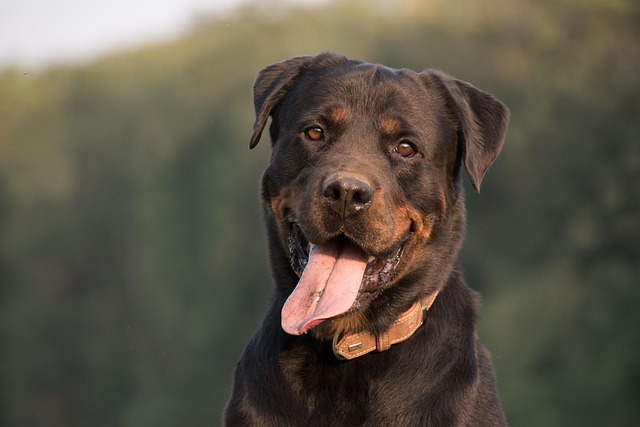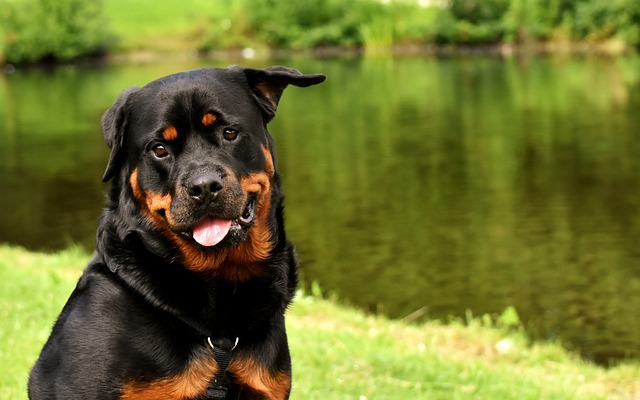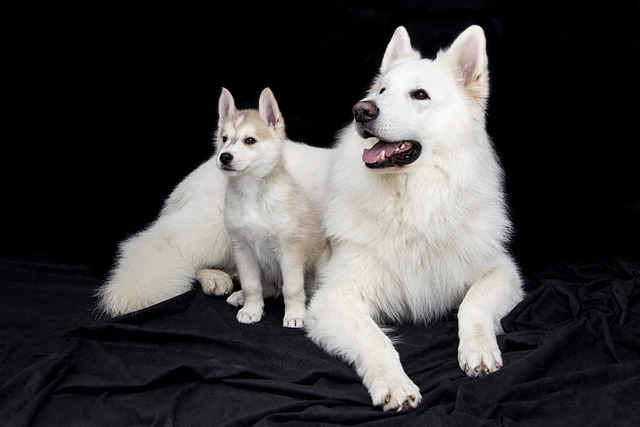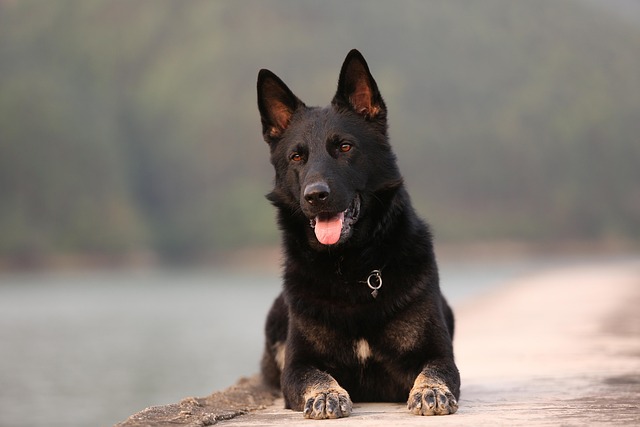What do you do when your dog won't come when called? It’s a heart-sinking moment for any dog parent: you’re at the park, calling their name over and over, while they’re off sniffing a bush or chasing a butterfly, completely ignoring you. Whether you’re in a suburban backyard or a busy city square, this scenario isn’t just frustrating—it can feel dangerous, especially if there are cars or unfamiliar dogs nearby. The good news is that with the right approach, you can turn “ignoring” into “racing to your side” without losing your cool or their trust.
Dogs don’t ignore commands out of stubbornness—they’re just following their instincts. In their world, if chasing that squirrel or greeting another dog feels more rewarding than your call, that’s where they’ll go. Behaviorists call this “preference hierarchy”: every dog has things that outrank your voice in the moment. Maybe your usual treats aren’t exciting enough, or past experiences taught them “come” sometimes leads to the end of playtime (or worse, scolding). A trainer in Austin puts it bluntly: “If ‘come’ hasn’t been worth their while, why would they drop what they’re doing?” The fix starts with rebuilding that association—making your call the most rewarding option available.
First, stop repeating their name. Yelling “Buddy, come! Buddy! COME!” only teaches them to tune out your voice. Instead, take a breath and create a new opportunity. Try running backward a few steps while clapping gently—movement and excitement often spark their curiosity. When they glance your way, use a high-pitched, happy tone: “Hey, want a cookie?!” Pull out a better reward than usual—think a chunk of hot dog, a squirt of cheese, or their absolute favorite toy. A Denver couple I know kept “emergency treats” (freeze-dried liver) in their pocket; their Golden Retriever, who’d ignored regular kibble, started perking up at their voice once she smelled the good stuff. After they come, keep the fun going—play a quick game of tug instead of immediately putting them on the leash, so they learn “come” means play continues, not ends. Never scold them when they finally do come—even if it took 10 minutes. That teaches them “coming back” leads to trouble, making next time harder.
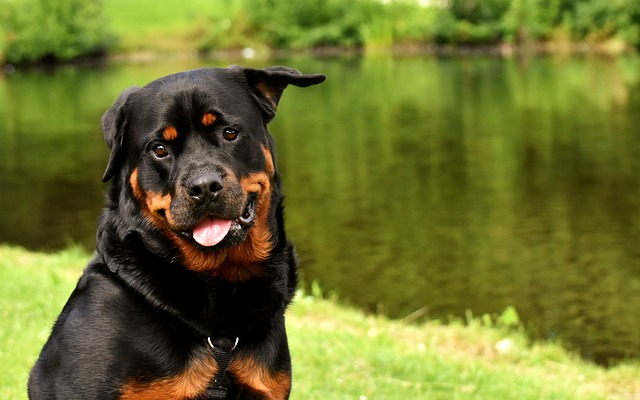
Legally and culturally, addressing this behavior ties to responsible pet ownership. Most U.S. parks require proof of core vaccines (DHPP and rabies, typically completed by 16 weeks) before allowing off-leash play—keep those records in your bag to avoid fines. When practicing recall, always carry poop bags (cities like Chicago fine up to $150 for leaving messes) and respect other park users by calling your dog back if they get too close to strangers or other pets. In apartments, practice in hallways or near windows with mild distractions (like a neighbor walking by) to build focus, keeping noise down to avoid disturbing others. Remember: punitive methods, like yanking their leash or yelling, aren’t just ineffective—they break trust and contradict the positive training ethos promoted by organizations like the ASPCA.
With patience and consistency, you’ll rewrite their “come” story. Focus on making your voice and presence more exciting than whatever’s distracting them, celebrate small wins, and never let “come” feel like a punishment. Before you know it, they’ll be looking up at you, tail wagging, ready to respond—because they’ve learned your call means good things are coming.
